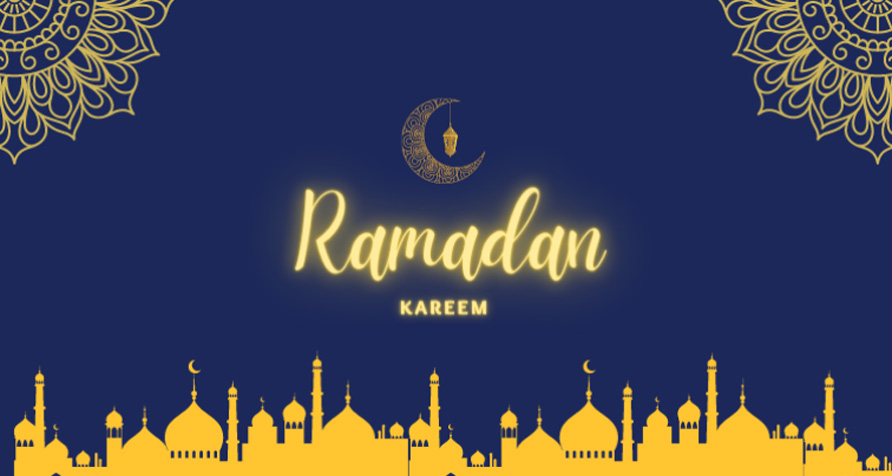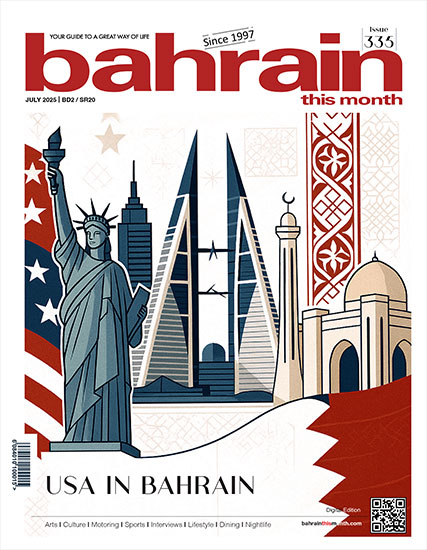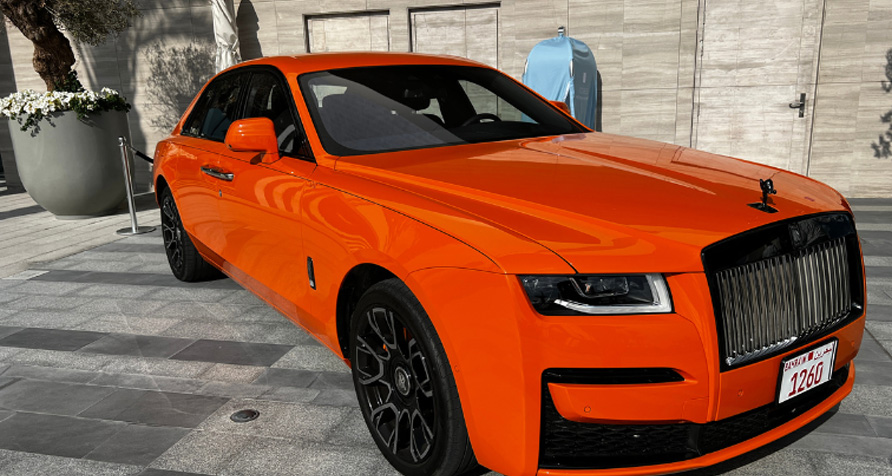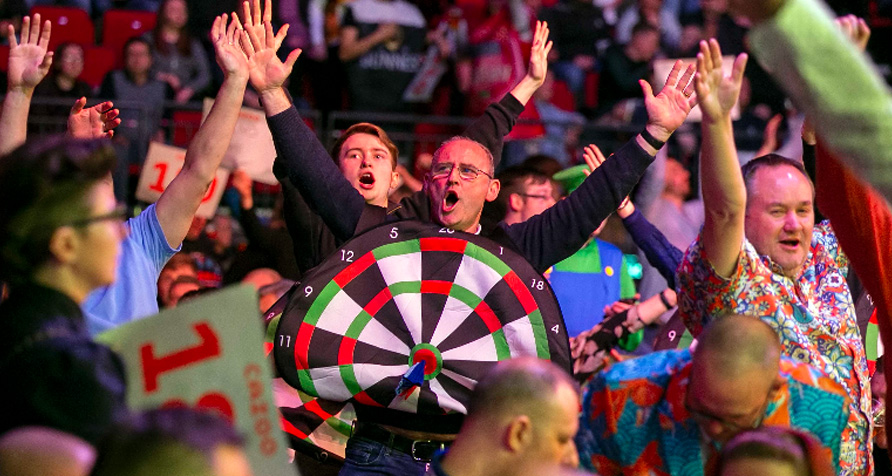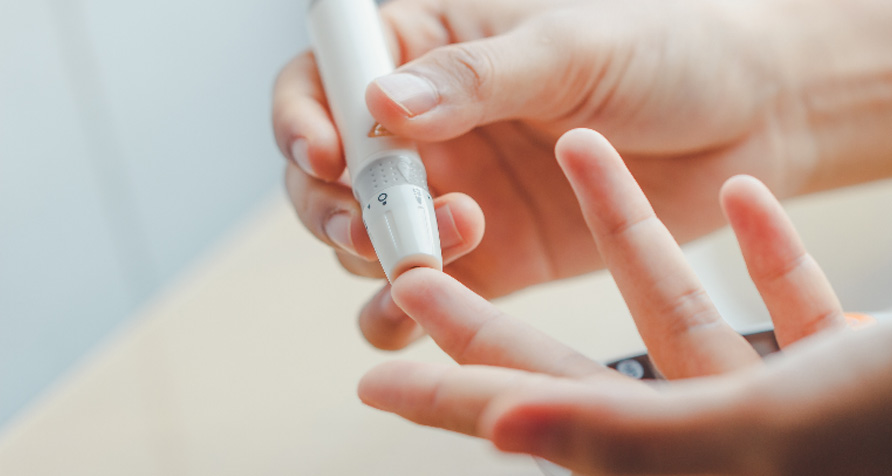
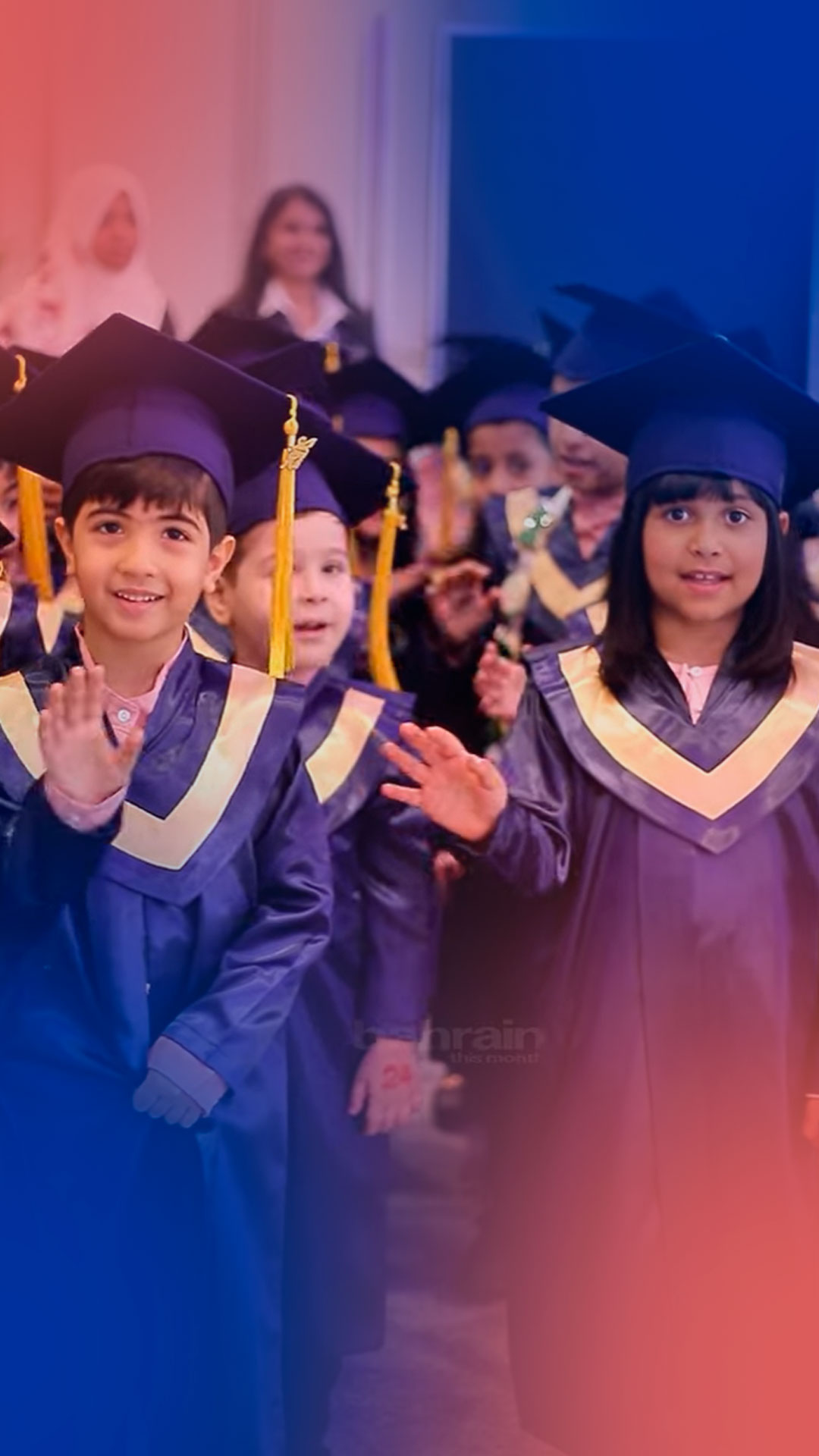
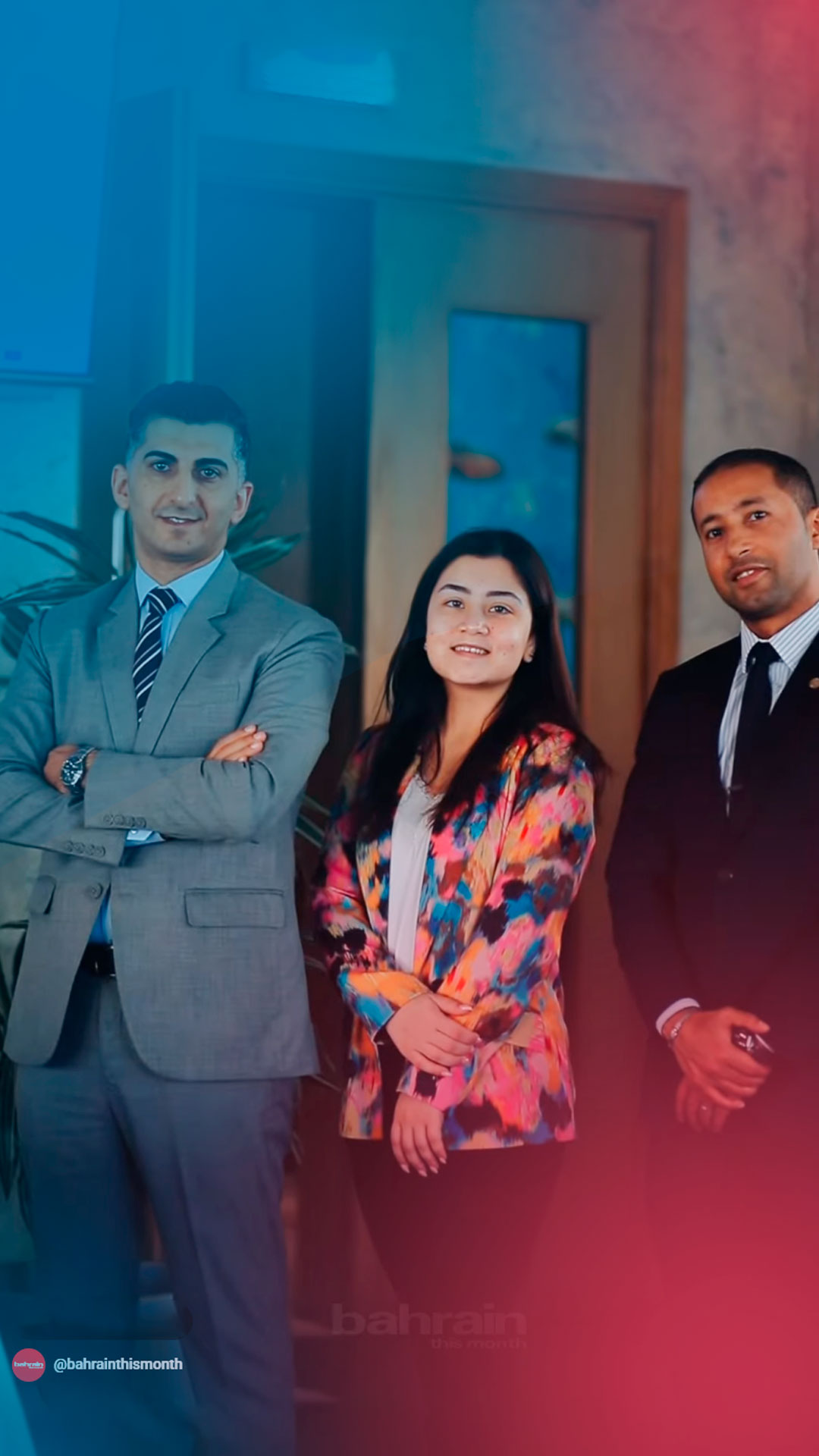

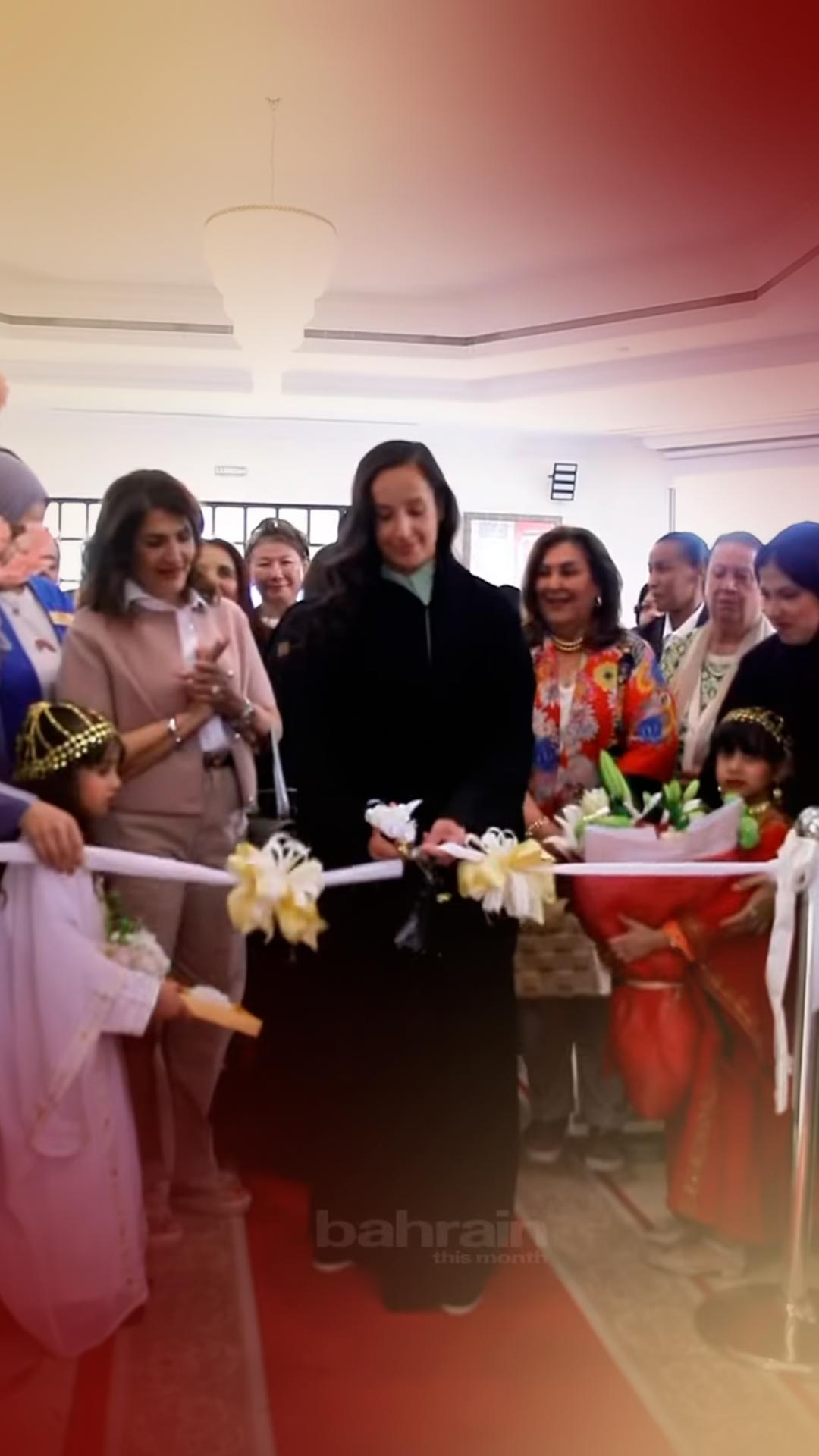

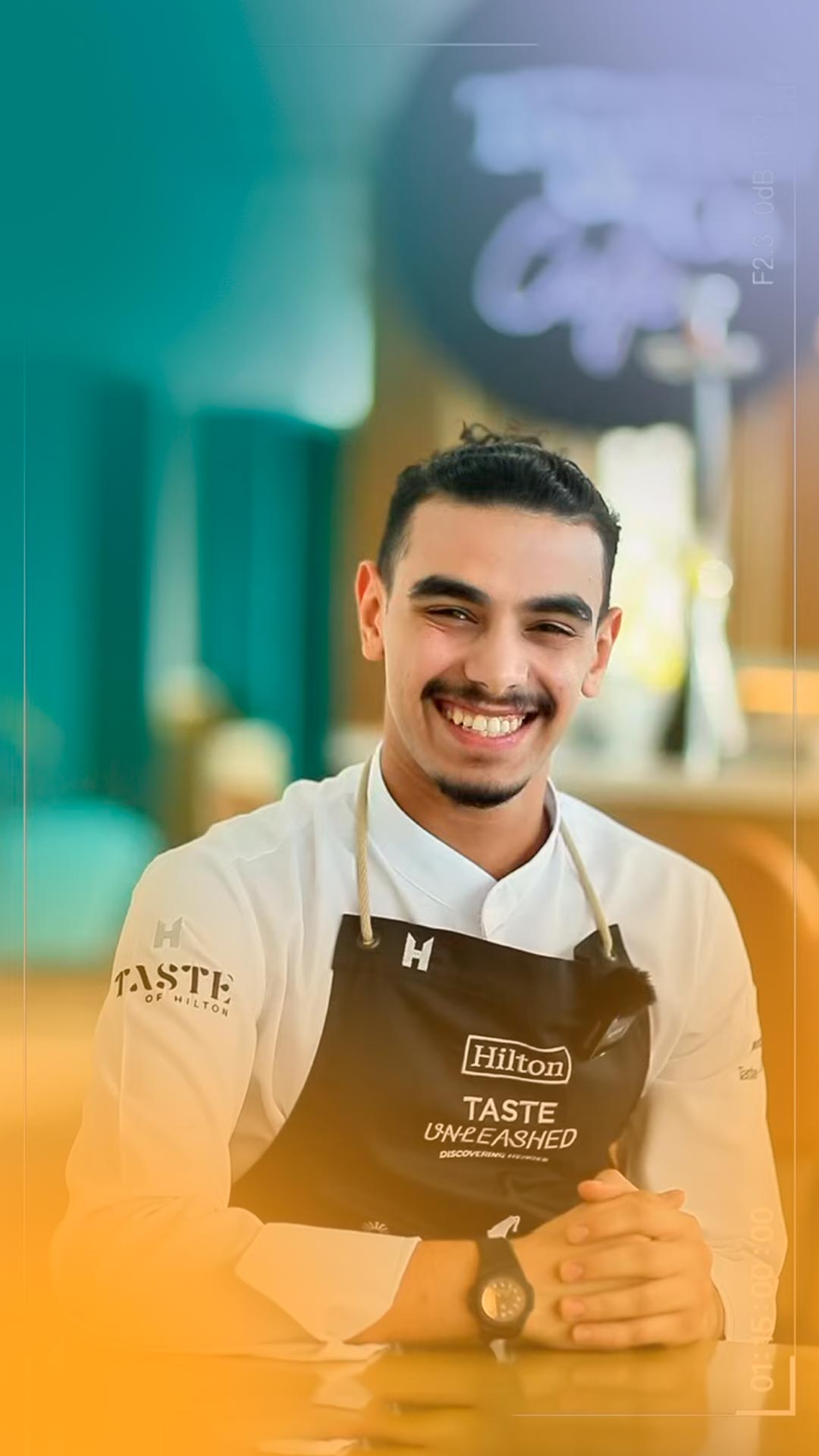
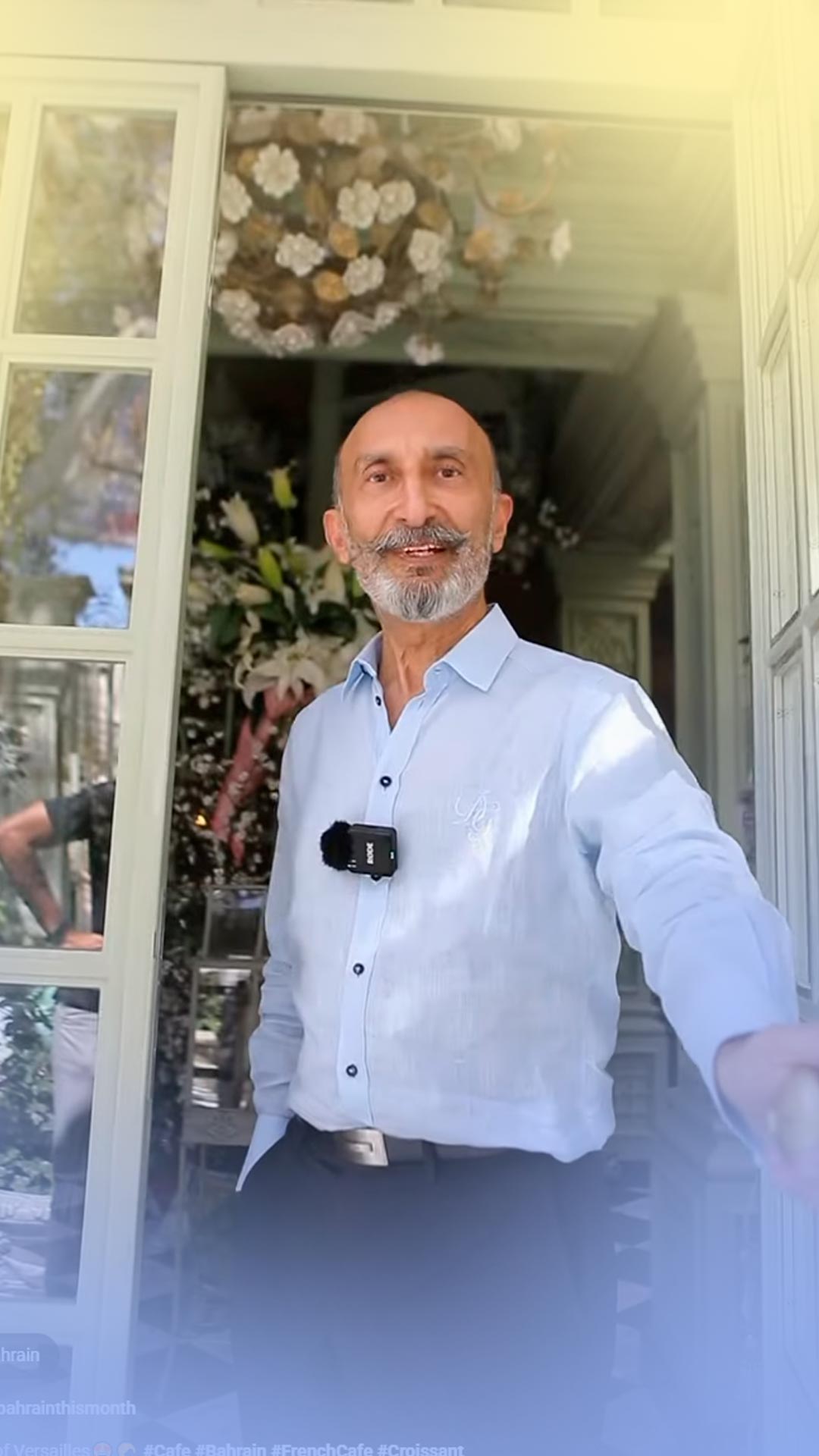
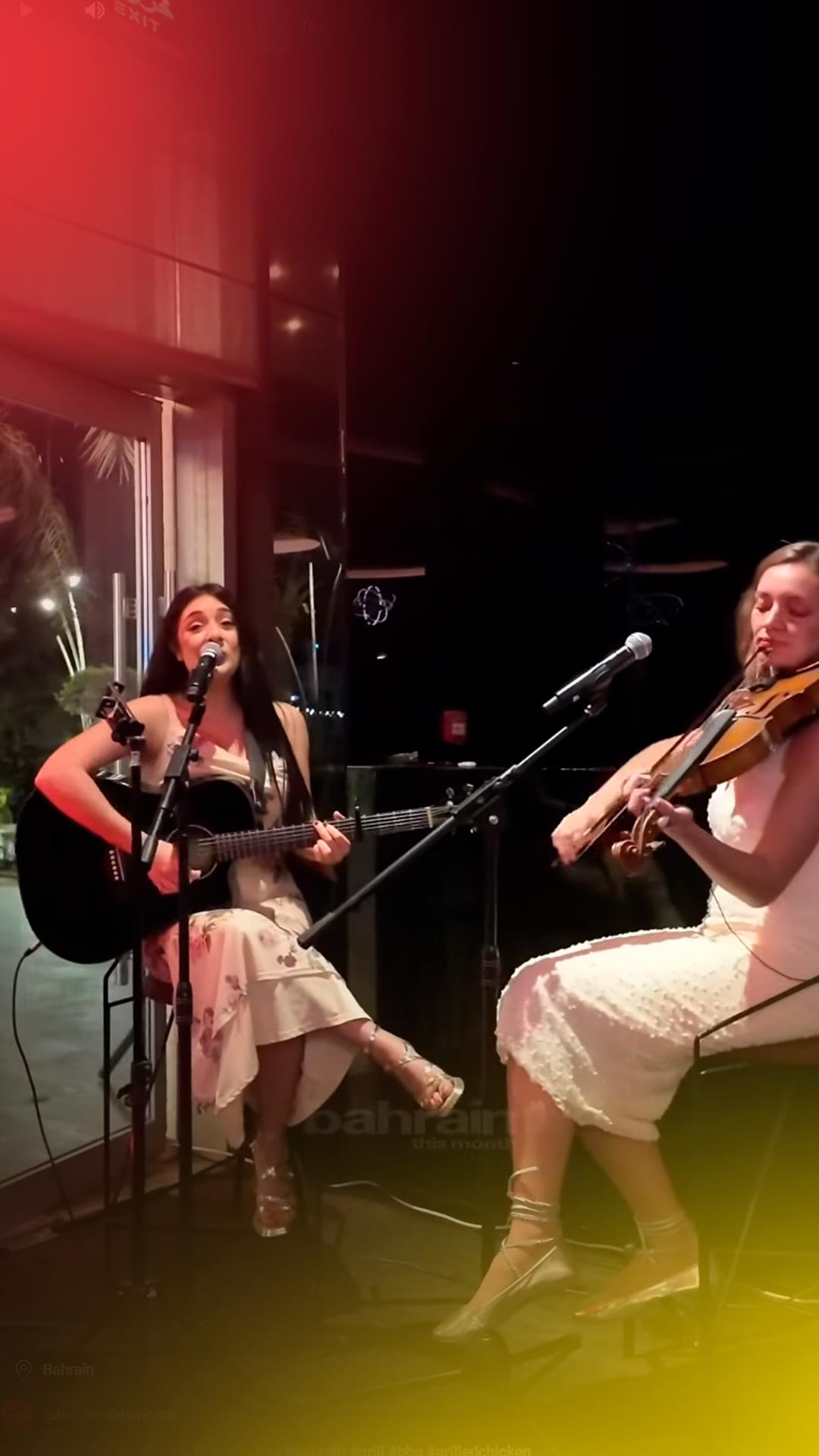

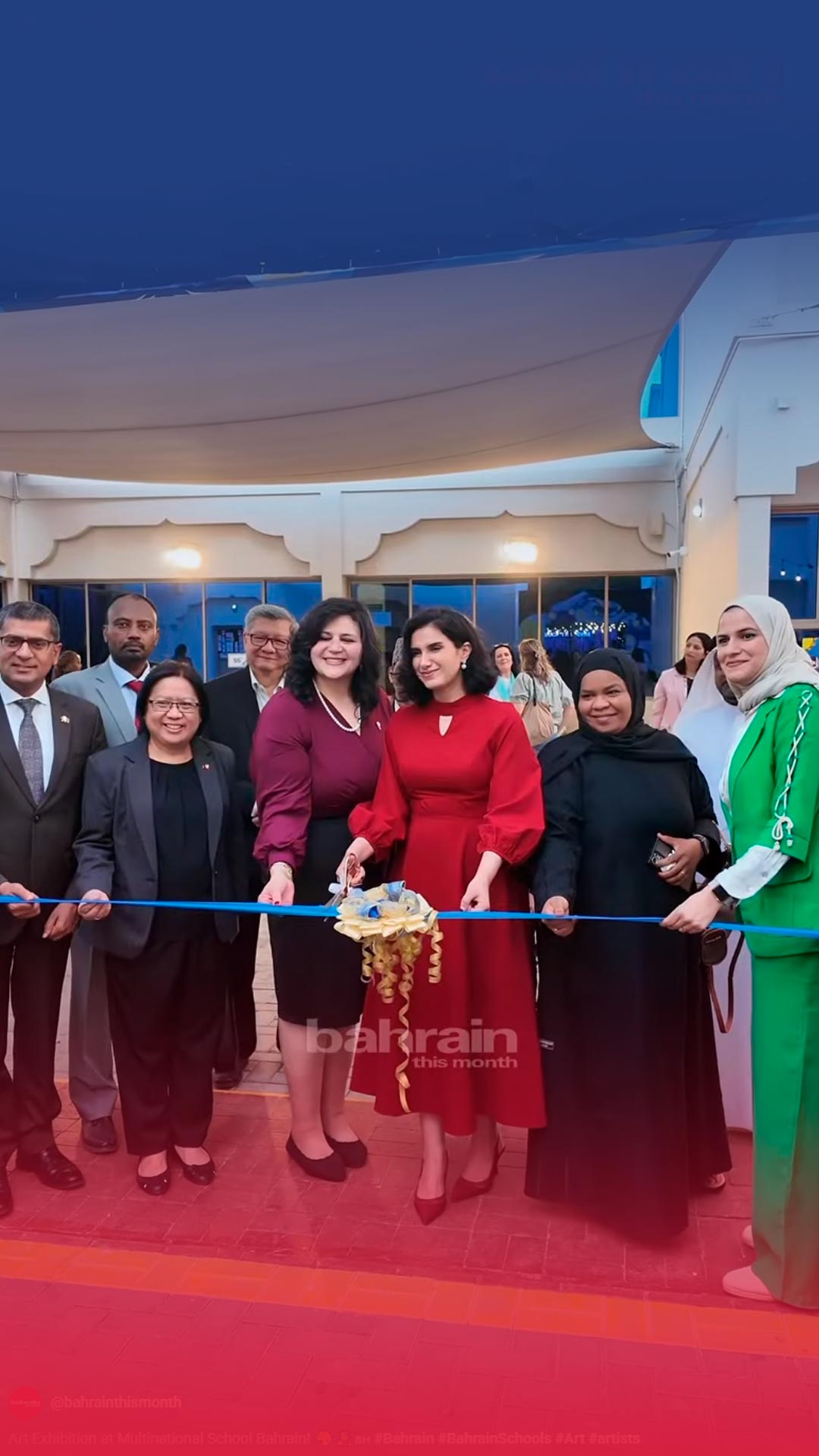
Expat's Guide to Ramadan: What You Need To Know
by: BTM - Thu, 23 Mar 2023
If youŌĆÖre new to Bahrain or any Arab country, then you may have heard of Ramadan but probably donŌĆÖt know exactly what it means and all the traditions and customs around it. The fasting period is Islamically prescribed as a practice of gratitude, with the general idea being that giving up food and water will increase awareness on the immaterial aspects of life. This act of voluntarily limiting food will also make one more conscious of those less fortunate. Not only is food and water forgone, but also refraining from gossip, cursing and lying.
Here are some terms you may here during this holy month:
The cannon
Before the times of clocks, cell phones and alarms, a canon was fired from a high point to signify the time for Muslims to break their fast as the sun sets. The canon is first fired to welcome the holy month and then each day for the break of fast and for maghrib prayers. Although it is no longer necessary, it is still a powerful symbolic gesture. In Bahrain, the cannon is fired to mark the holy month and many gather around The Avenues and Arad Fort to watch the cannon fire.
Ramadan Times
Ifar is the fast breaking evening meal at Ramadan. This is done during adhan (the call to prayer). Suhoor is the morning meal eaten by Muslims before the son has come up. Muslims rise before dawn to eat a light meal called Suhoor. Ghabga is a gathering where a late night meal is served after 10pm and could go on until 2am.
What do people eat when they break fast?
Many people will opt to eat soup, then water or freshly squeezed juice so the body can remain hydrated. After that, they will have a traditional Iftar menu which includes an array of food.
How to be mindful during the fast
While you may not be partaking in Ramadan, here is how you can be mindful to those around you during the fast.
- Know the times: Fasting is from dawn to dusk (abstaining from food and drink during daylight hours)
- Do not to eat or drink in front of people fasting
- Try to dress more conservatively as a sign of respect
- Try for yourself to adopt some of the Muslim traditions, like abstaining from negative thoughts, partaking in gossip and cursing
- Accpet an invitation to an Iftaar, Suhoor or Ghabga






